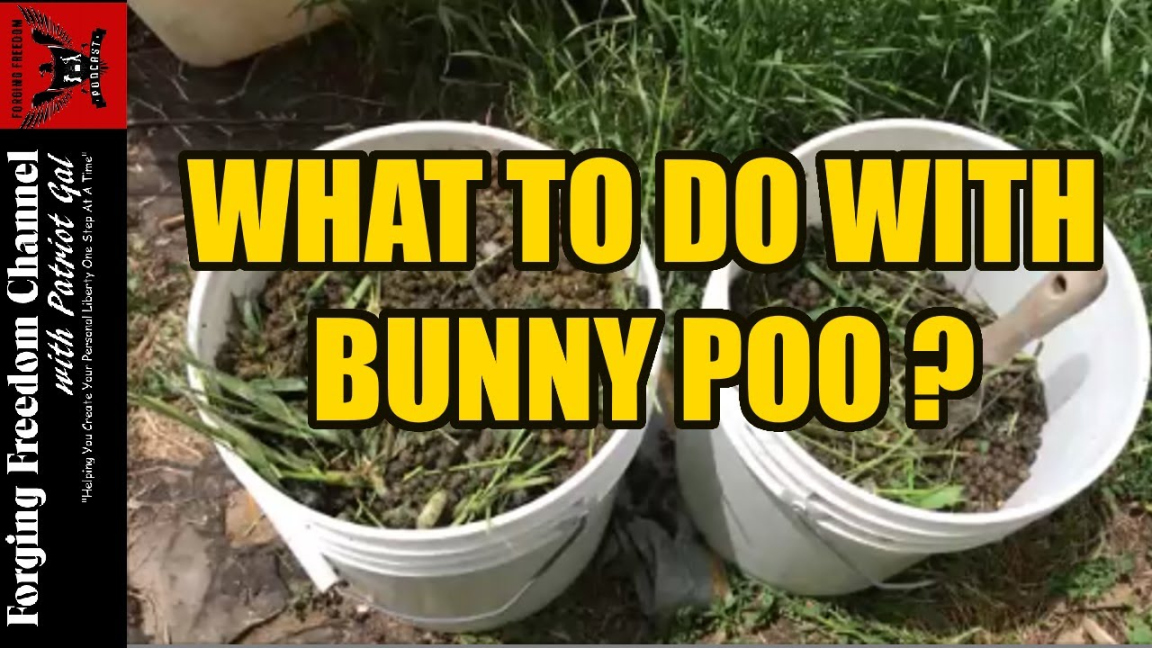Can You Put Rabbit Poop in a Compost?
Composting is an excellent way to turn organic waste into nutrient-rich soil that can benefit your garden. While many people are familiar with composting kitchen scraps, yard waste, and even manure from larger animals like cows or horses, the question arises whether rabbit poop can be used in compost. In this article, we will explore the benefits of adding rabbit poop to your compost pile and discuss any potential concerns.

The Benefits of Rabbit Poop in Compost
Rabbit poop, also known as rabbit manure or bunny berries, is a valuable addition to compost for several reasons:
- Rich in nutrients: Rabbit manure is high in nitrogen, phosphorus, and potassium, essential elements for plant growth.
- No need for aging: Unlike some other types of manure, rabbit droppings do not need to be aged or composted separately before being added to the compost pile.
- Little odor: Rabbit poop has a mild odor compared to manure from larger animals, making it more suitable for composting in smaller spaces.
- Suitable for various plants: The nutrient composition of rabbit manure makes it suitable for a wide range of plants, from vegetables to flowers.
Using Rabbit Poop in Compost
When adding rabbit poop to your compost, it’s important to follow a few guidelines to ensure optimal results:
- Collecting rabbit manure: Rabbit droppings can be collected directly from the bottom of rabbit hutches or cages. It’s essential to keep the collection area clean and free from other bedding materials.
- Adding other compostable materials: For a balanced compost mix, add rabbit poop along with other organic waste such as kitchen scraps, yard clippings, and shredded paper.
- Layering: Alternate layers of rabbit manure with other compostable materials to promote even decomposition and prevent the formation of clumps.
- Moisture and aeration: Like any compost pile, it’s important to maintain proper moisture levels and provide adequate aeration. Turning the pile occasionally will speed up the decomposition process.
- Composting time: Depending on the conditions and materials used, composting rabbit poop can take anywhere from a few months to a year. Regularly check the compost for a dark, crumbly texture and a pleasant earthy smell.
Potential Concerns
While adding rabbit poop to compost offers numerous benefits, there are a few potential concerns to be aware of:
- Potential pathogens: Rabbit manure is generally safe to handle, but it’s important to remember that any animal waste can potentially contain harmful pathogens. Proper hygiene, such as wearing gloves and washing hands after handling, is recommended.
- Unwanted weed seeds: If the rabbit’s diet includes plants with mature seeds, it’s possible for these seeds to pass through the digestive system and end up in the compost. To minimize the risk of weed growth, ensure that the compost pile reaches a high enough temperature to kill weed seeds.
- Excessive nitrogen: While rabbit poop is high in nitrogen, too much nitrogen in the compost can create an imbalance and lead to an unpleasant smell. To prevent this, make sure to mix rabbit manure with sufficient carbon-rich materials like dried leaves or straw.
- Composting in small spaces: Rabbit manure is a great choice for composting in smaller spaces due to its low odor. However, it’s important to monitor the moisture and aeration levels closely to avoid any potential odor issues.
Frequently Asked Questions (FAQs)
Can I use rabbit poop directly in my garden without composting?
While rabbit poop can be used as a fertilizer in small quantities, it is generally recommended to compost it first to ensure proper breakdown and nutrient release.
Can I compost rabbit bedding along with the poop?
Rabbit bedding, such as straw or wood shavings, can be added to the compost pile along with the rabbit droppings. However, keep in mind that it may take longer to break down compared to manure.
How often should I turn my compost pile?
Turning the compost pile every 3-4 weeks will help accelerate the decomposition process and ensure proper aeration.
Is rabbit manure better than other types of manure?
Each type of manure has its own unique nutrient composition, so there is no definitive answer to this question. However, rabbit manure is highly regarded for its nutrient content and ease of use in composting.
Related Articles…
Copyright Notice:
All images featured on this site are sourced from the internet, copyrights belong to respective owners. Should you own any image and require it to be removed, please contact us.